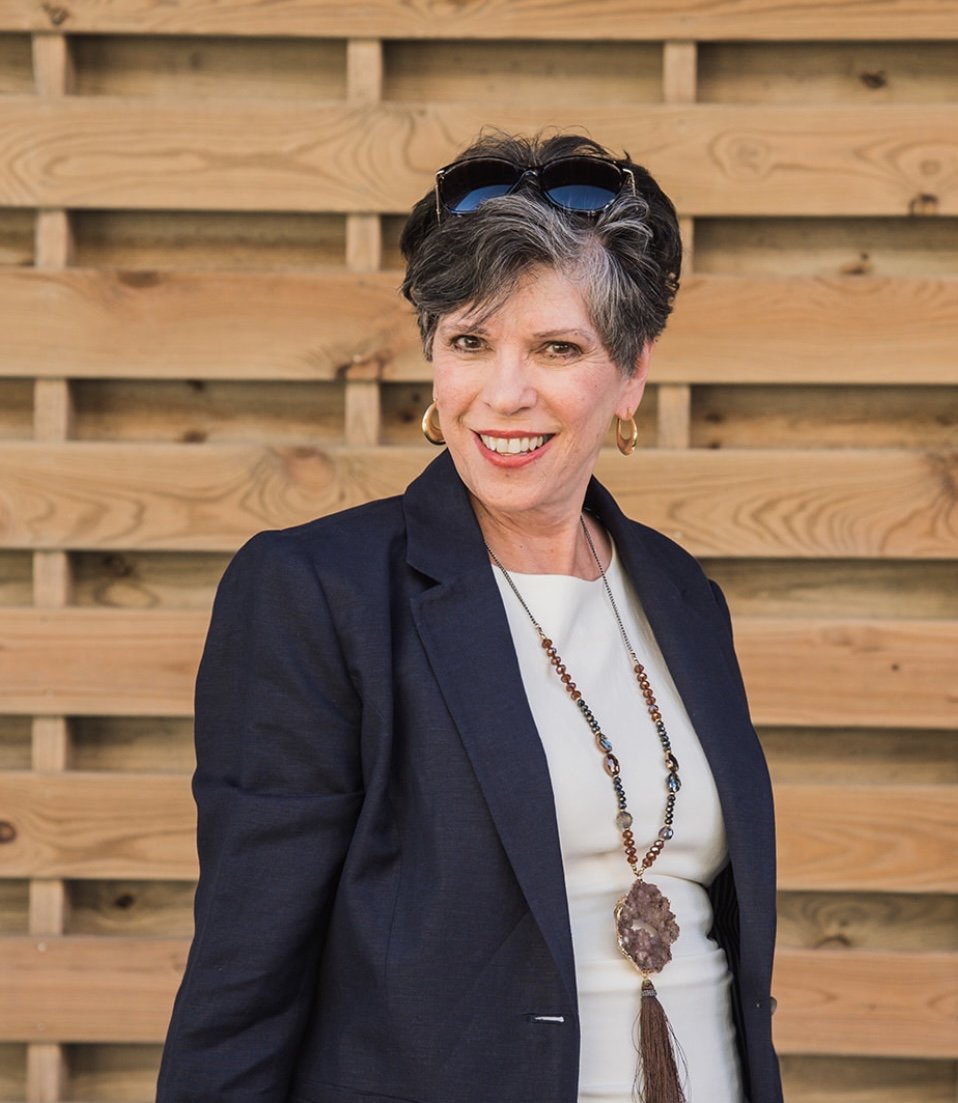This Shouldn’t Happen to Me!
This Shouldn’t Happen to Me!
If you’ve lived very long, you’ve likely experienced something traumatic. Some devastating ordeal that makes you cry, “this shouldn’t happen to me!” Whether it was loss, pain or injustice, you’ve gone through a “dark night of the soul.”
You are not alone. I’ve been there. I spent a year in bed with cervical disc degeneration causing excruciating headaches and pain like hot irons burning through my back. After several months of this, unwelcome thoughts began to plague me:
“I don’t want to live like this. I can see why people commit suicide.” A year earlier, I would have vehemently denied I’d ever toy with such suicidal thoughts. I believed I was a well-adjusted, life-long Christian who leaned more toward optimism. Yet here I was, awash in despair.
I spent my days on the couch in traction, trying anything to relieve the constant pain. I gulped down pain pills, I watched TV, I read books when possible. And I silently screamed: “I don’t deserve this! This shouldn’t happen to me!”
Then I saw this quote:
“And remember: you must never, under any circumstances, despair. To hope and to act, these are our duties in misfortune. —Boris Pasternak, Doctor Zhivago”
According to Pasternak, to keep from despair I must do my duty. And my duty was to learn some lessons and pass them on to you. Here’s what I realized:
1. Sometimes you need to ask for help.
I couldn’t do the dishes, vacuum the floor, wash clothes, prepare meals or do anything I had always done. But I was too proud to ask for help.
My pride-filled spirit came from a long line of “pull yourself up by your bootstraps” kind of people. My mother’s family survived the Great Depression like the Joads in John Steinbeck’s book, The Grapes of Wrath. They piled the family car high with kids and possessions and headed to California. When they returned to Oklahoma, my grandfather became a bootlegger, producing whiskey in a backwoods still. The unstated Creel family motto: “We don’t ask for help; we do it all ourselves!”
My father entered the CCC jobs program instituted during the Great Depression to help provide work for desperate people across the country. He sent most of the money he earned back home, and somehow, some way, the family survived. The resulting survival skills they passed along: “We don’t ask for help. The Sutton family does it all by themselves!”
It’s no wonder that under stress my Creel-Sutton legacy showed up in spades! That proud legacy passed down from both sides of my family sounded like this:
"Work hard, be independent, don't ask for help."
While those principles are good ones, you can carry independence and pride too far. This lesson I learned lying flat on my back. Out of that painful experience, I acquired another lesson:
2. Sometimes your long-held beliefs are not true.
As a counselor, I see people who have lived through unimaginable pain and sorrow. Bankruptcy, chronic pain, divorce, death of a loved one or childhood abuse all create their own private hell. They can play tricks on your mind, imbed lies in your brain and influence your choices, whether for good or for bad. Yet scripture reminds us that what the enemy meant for evil God will use for good.
I realized some of my long-held, silent beliefs sounded like this: “If something bad happens, you’ve caused it.” “I’ve been a good girl, so my life should be painless.” “I’m not good enough for God to heal me; I deserve this.”
For me, change came in the form of a year of pain and mandatory rest. And it involved the hard work of “being transformed by the renewing of your mind.” Romans 12:2 illustrated another lesson.
3. Be Able to Receive
Jesus’ words. “It is more blessed to give than to receive” had always been my mantra. And it was EASIER to give. During that year-long renewing of my mind, the challenge of receiving was as daunting as dealing with the unrelenting pain.
Not only was it hard for me to ask for help, I was mortified to lie on the couch while others brought meals, prayed for me, and washed my dirty laundry.
But I came to understand those kind souls who helped were also receiving a blessing. By resolutely refusing to receive, I had been selfish.
While I wish I had learned these new truths through other means, God knows what it takes to get through to each one of us. And I was stubborn.
The light at the end of that dark year-long tunnel then shone brightly on this principle:
4. Good Things Happen When You Learn Your Lessons
Good things happened to me.
I got well.
I grew emotionally and spiritually.
I changed some mistaken beliefs.
I learned to receive graciously.
And I will always remember the lessons learned during that difficult time. When you feel “this shouldn’t happen to me,” you can learn and grow. If you’re like me, you’ll be glad you did.






